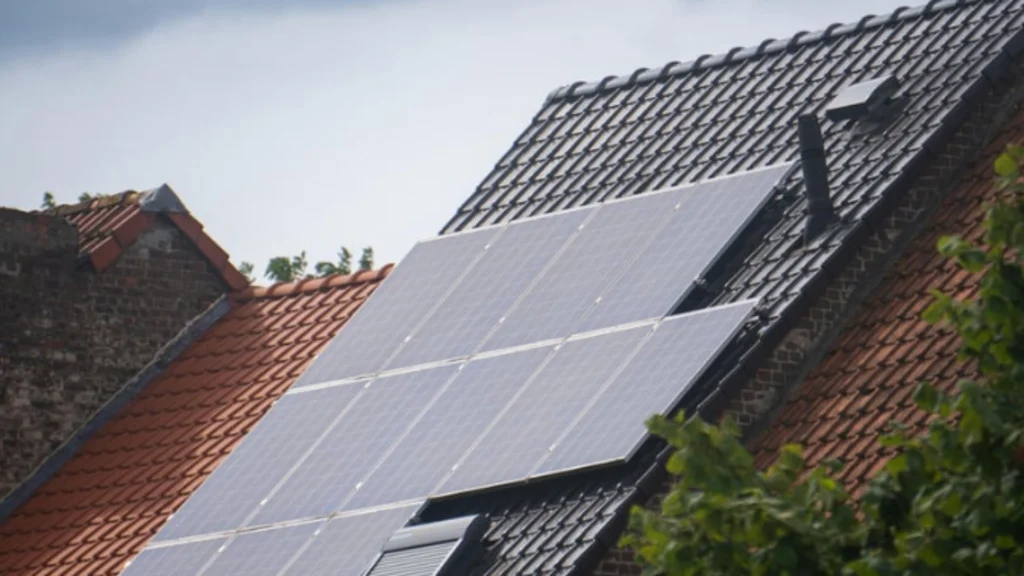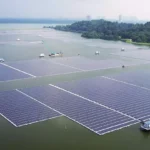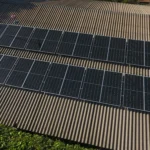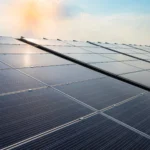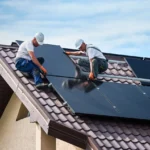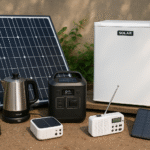Tired of rapidly rising electricity costs and unpredictable power outages? Wondering if switching to solar electric for home use can give you long-term freedom and savings? You’re not alone — millions of homeowners are looking toward solar electric systems as the future of residential energy.
Why Solar Electric for Home Is Gaining Momentum
The shift toward clean energy is more than a trend — it’s necessary. Let’s explore why more households are investing in solar electricity solutions today.
Reducing Your Carbon Footprint and Utility Bills
A solar system for home use significantly lowers your reliance on fossil fuels while slashing monthly energy bills. Over time, many homeowners achieve near-total energy independence.
A Long-Term Investment in Your Property
Installing a solar electric house setup increases property value and safeguards against rising electricity prices. Plus, modern solar panels are built to last up to 30 years.
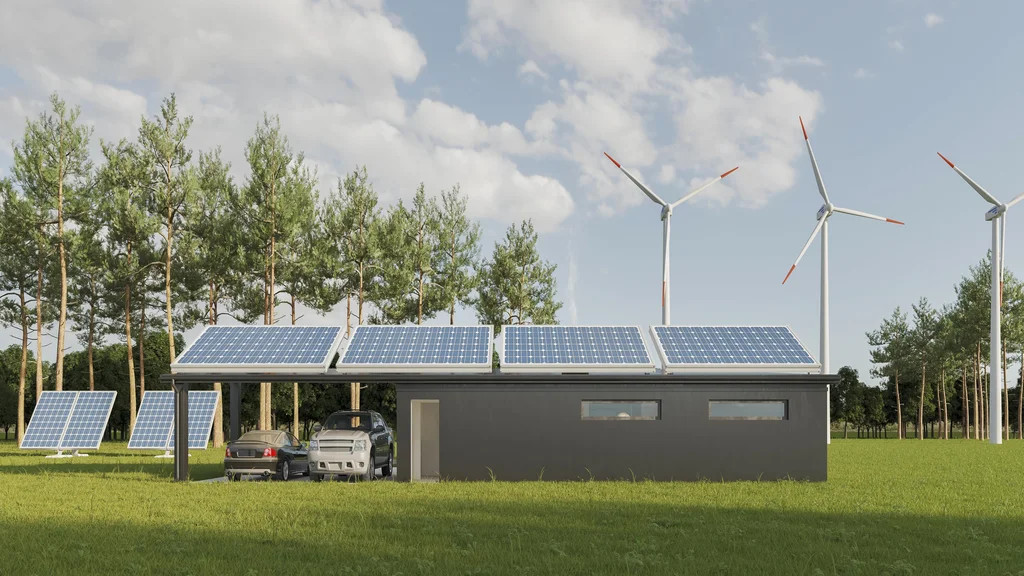
Main Types of Solar Electric Systems for Homes
Not all solar electric setups are created equal. Choosing the right one depends on your energy needs and goals.
Grid-Connected Systems
These systems stay linked to the utility grid and allow you to draw power when needed, while selling excess electricity back to the grid through net metering.
Standalone (Off-Grid) Systems
Perfect for remote properties or those aiming for total self-sufficiency. These setups require battery banks but are ideal where grid access is limited.
Hybrid Solar Electric Systems
Hybrids combine the best of both worlds and offer flexibility, drawing from both solar and the grid while storing excess energy in batteries.
What’s the Solar Electricity for Home Price in 2025?
Let’s break down the costs of going solar and the financial incentives available to help ease the transition.
Installation Costs
In 2025, the average cost of a solar electric system for home ranges from $14,000 to $28,000, depending on panel type, system size, and optional storage.
Government Incentives and Tax Breaks
You can still benefit from the 30% Federal Investment Tax Credit (ITC), state rebates, and performance-based incentives. Together, these can significantly reduce your net costs.
ROI and Payback Period
Most homeowners recover their investment in 6 to 10 years, with lifetime savings reaching as high as $50,000 or more over 25+ years.
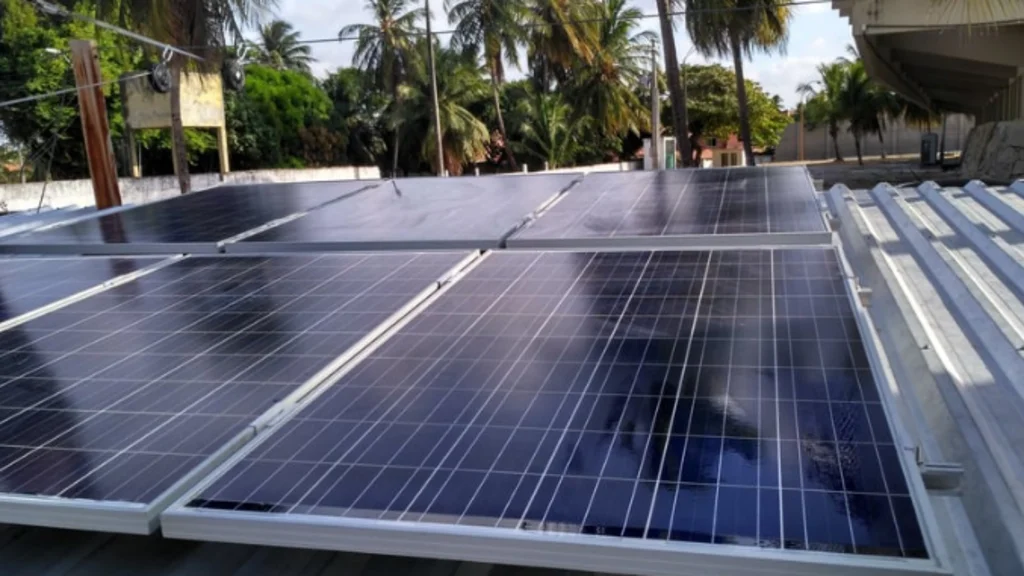
Factors That Affect Solar Electric System for Home Pricing
Before making a purchase, understand what goes into the overall cost of your solar electric house installation.
System Size and Energy Usage
Your electricity consumption (measured in kilowatt-hours) determines the number of panels and overall system size needed.
Roof Conditions and Orientation
South-facing roofs with little shade yield optimal results. Complex roofing structures may increase labor and mounting hardware expenses.
Battery Backup
Adding lithium-ion or deep-cycle batteries increases upfront costs but ensures power during outages and maximizes self-reliance.
Labor and Permits
Installation costs vary based on local contractor rates and municipal permitting fees.
Steps to Choose the Best Solar Electric for Home Setup
Going solar doesn’t have to be complicated. Follow these steps to choose the right solution for your home.
Step 1: Evaluate Energy Consumption
Look at your monthly electricity bills to calculate your average usage. This will guide your system sizing.
Step 2: Site Inspection
A qualified installer will assess your roof’s condition, orientation, and shading to determine feasibility.
Step 3: Get Multiple Bids
Request quotes from at least three certified solar companies. Compare warranties, components, and installation plans.
Step 4: Analyze Long-Term Benefits
Use a solar calculator to estimate your break-even point and savings from your solar electric house system.
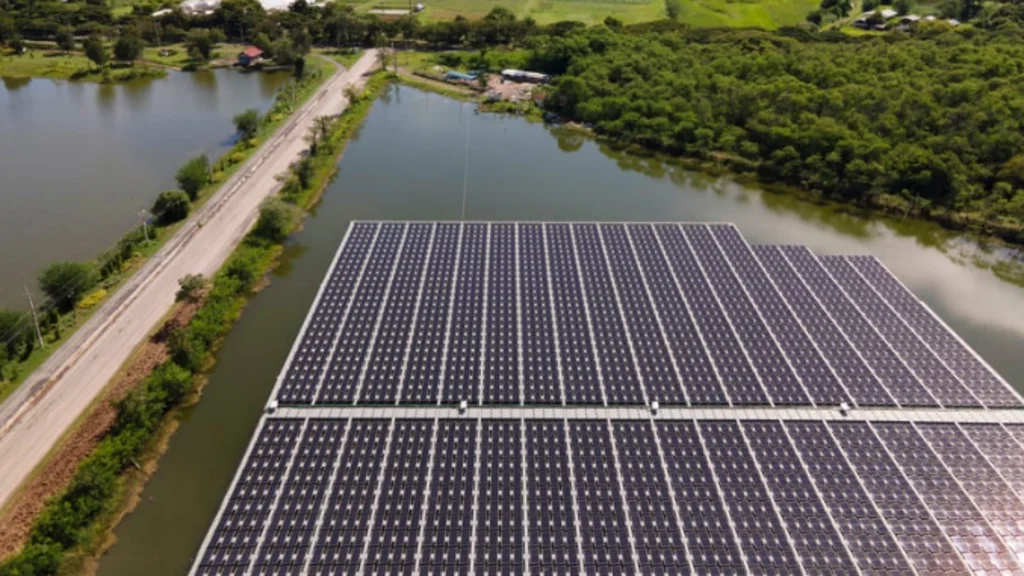
What Comes in a Complete Solar Electric House Setup?
A full residential solar bettery storage system includes more than just panels. Here’s what makes up the complete package:
- High-efficiency solar panels
- Inverters (string or micro)
- Mounting frames and brackets
- Monitoring systems
- Optional battery storage (Tesla Powerwall, Enphase, etc.)
- Disconnect switches and wiring
A solar electric house system aims to either offset a significant portion of your energy or cover it entirely.
Installation Timeline and Expectations
Here’s what you can expect when transitioning to solar electricity for home use.
Timeline Breakdown
- Initial Consultation & Proposal
- Roof & Site Evaluation
- Design Finalization & Permitting (2–5 weeks)
- Installation Day (1–3 days)
- Inspection & Utility Approval (1–3 weeks)
Choosing a Certified Installer
Look for companies that are:
- NABCEP-certified
- Transparent in pricing
- Offering warranties of 25+ years on panels and inverters
- Highly rated with local experience
Debunking Common Myths About Solar Electric for Home Use
Many homeowners are prevented from making the switch by misconceptions. Let’s clear up a few of the most common ones.
“Solar doesn’t work when it’s cloudy.”
Modern panels generate power even in low-light conditions, though at reduced output.
“Solar is only for the rich.”
With federal incentives and low-cost financing, solar is now accessible to the middle class and retirees alike.
“Panels require constant upkeep.”
Solar panels are incredibly durable and typically require little more than annual cleaning or light maintenance.
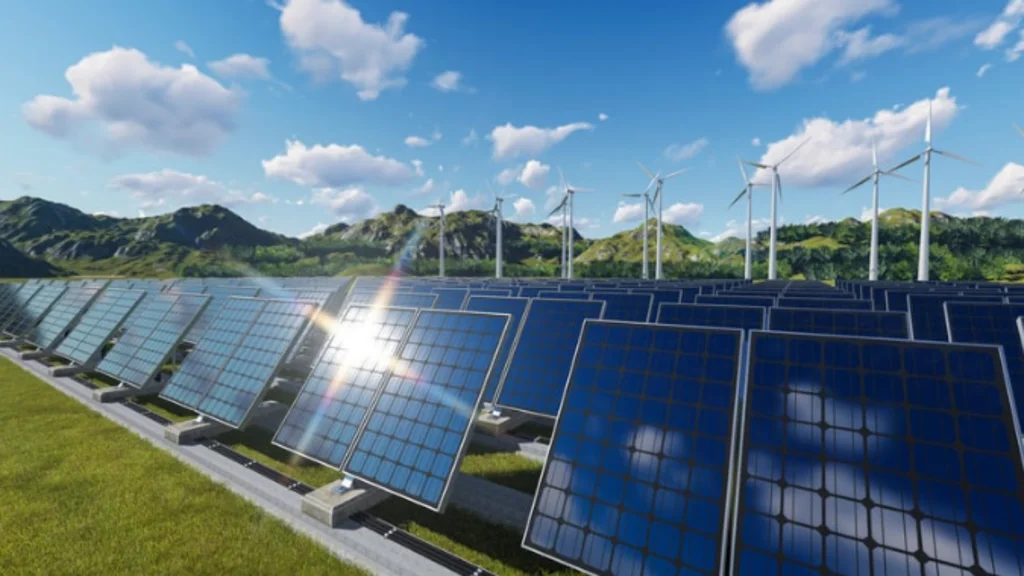
Is Solar Electric for Home the Right Choice?
For those looking to reduce expenses, gain energy independence, and increase home value, solar electric for home is a solid move in 2025. Whether you’re building a new property or upgrading your current one, the benefits of a clean, renewable energy source are undeniable.
A smart solar electric house system doesn’t just power your home — it powers your future.
FAQs About Solar Electric for Home
1. How much does solar electricity for home cost?
As of 2025, most systems range from $14,000 to $28,000, before applying tax incentives.
2. Can I fully power my home with solar?
Yes. Many homeowners install systems large enough to cover all their electricity needs — especially with battery backups.
3. What maintenance is required?
Minimal upkeep — occasional panel cleaning and annual system checks are usually enough.
4. Will solar increase my home’s value?
Yes, studies show homes with solar electric systems sell faster and at higher prices.
5. Can I use solar in areas with lots of snow or rain?
Absolutely. Solar panels work in cold and cloudy climates, including areas like the Northeast or the Pacific Northwest.

